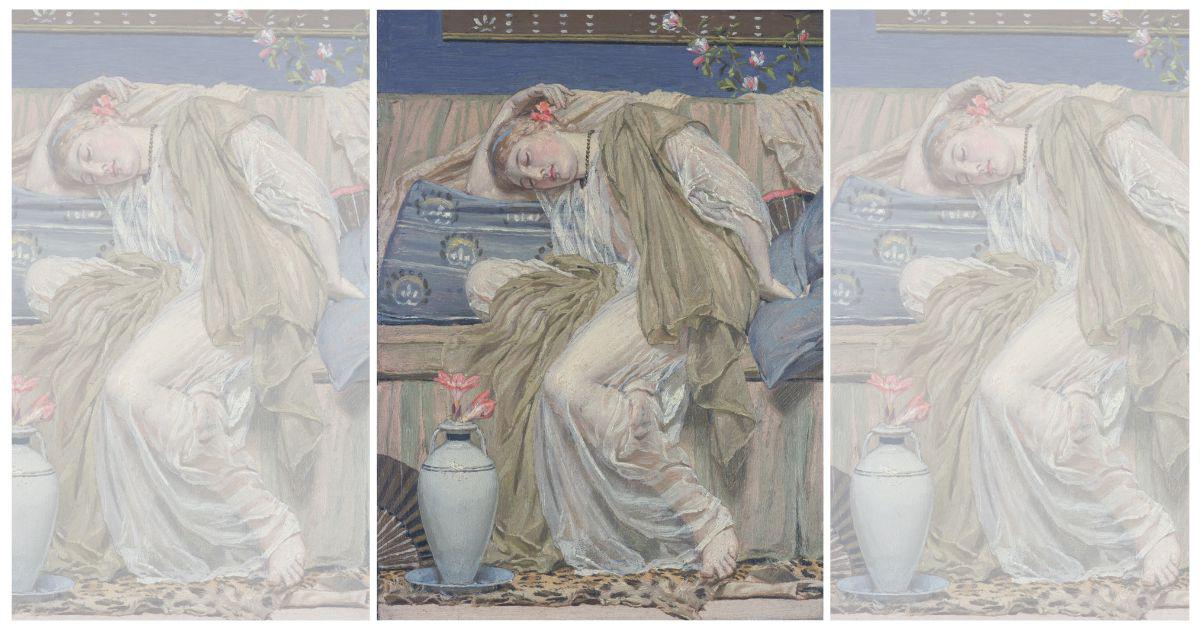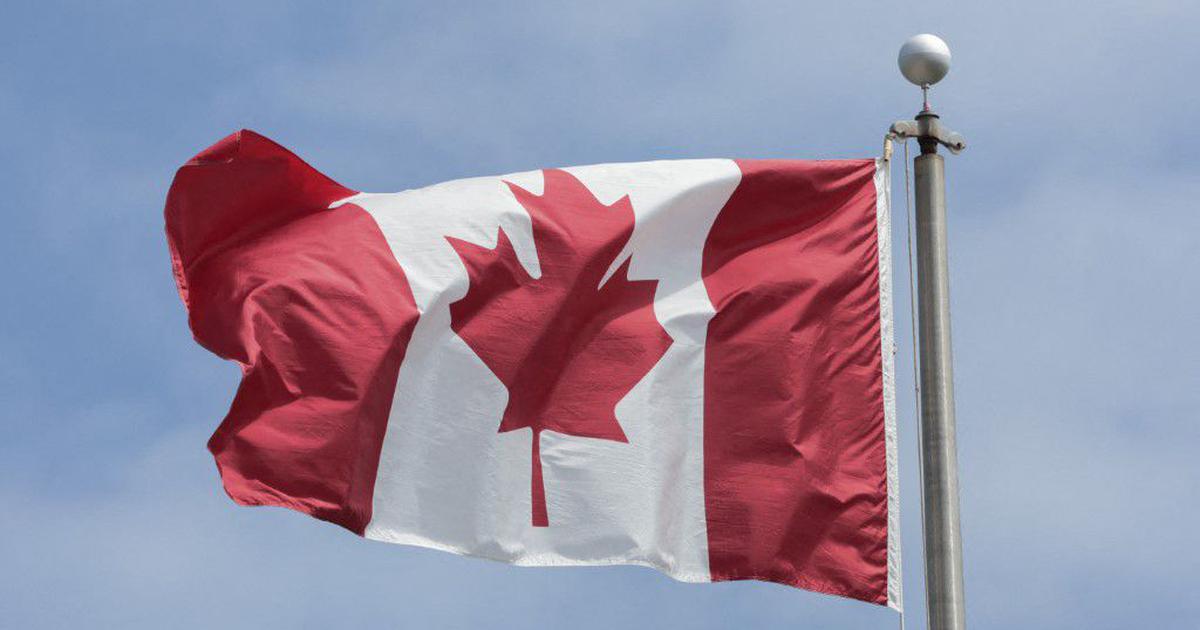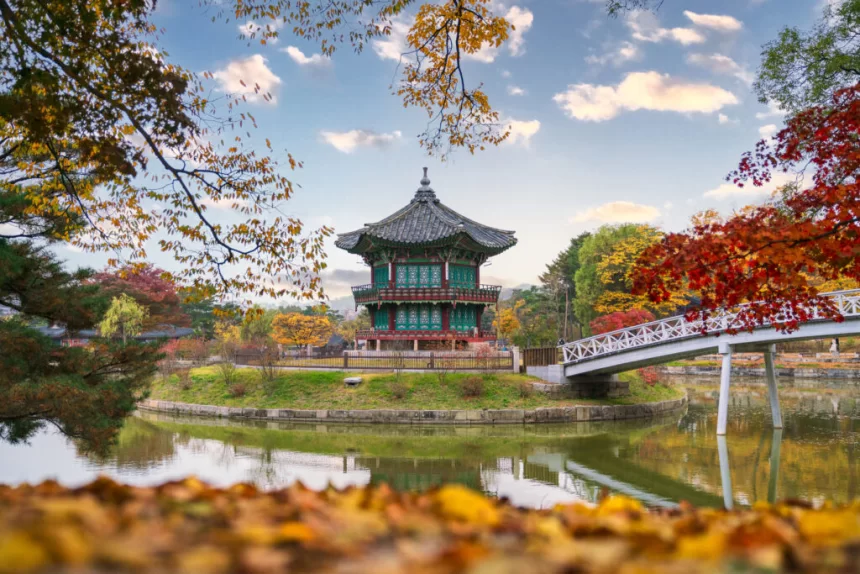Beauty sleep is real and great for your skin

Join our WhatsApp Community to receive travel deals, free stays, and special offers!
- Join Now -
Join our WhatsApp Community to receive travel deals, free stays, and special offers!
- Join Now -

Have you ever woken up after a night of poor sleep, glanced in the mirror and thought, “I look tired?”
You’re not imagining it.
I am a neurologist who specialises in sleep medicine. And though “beauty sleep” may sound like a fairy tale, a growing body of research confirms that sleep directly shapes how our skin looks, how youthful it appears and even how attractive others perceive us to be.
What happens during sleep
Sleep is not just down time. Your body moves through distinct stages that serve different restorative functions. Deep, slow-wave sleep is the primary stage during which the body prioritises tissue repair, muscle recovery and collagen production.
Growth hormone is released during this sleep stage, with most daily secretion occurring in the early part of the night. This hormone drives the body’s repair and rebuilding processes, helping to heal tissues, restore muscles and boost the production of collagen, the protein that keeps skin firm and elastic.
Slow-wave sleep also creates a unique hormonal environment that benefits the skin. Cortisol, the body’s main stress hormone, falls to its lowest point during this stage. Lower cortisol protects collagen, reduces inflammation and supports the skin barrier. At the same time, higher levels of growth hormone and prolactin, a hormone that helps regulate the immune system and cell growth, enhance immune function and tissue repair, helping skin recover from daily stressors.
The skin-sleep connection
The skin is your...
Read more
What's Your Reaction?
 Like
0
Like
0
 Dislike
0
Dislike
0
 Love
0
Love
0
 Funny
0
Funny
0
 Angry
0
Angry
0
 Sad
0
Sad
0
 Wow
0
Wow
0






















































